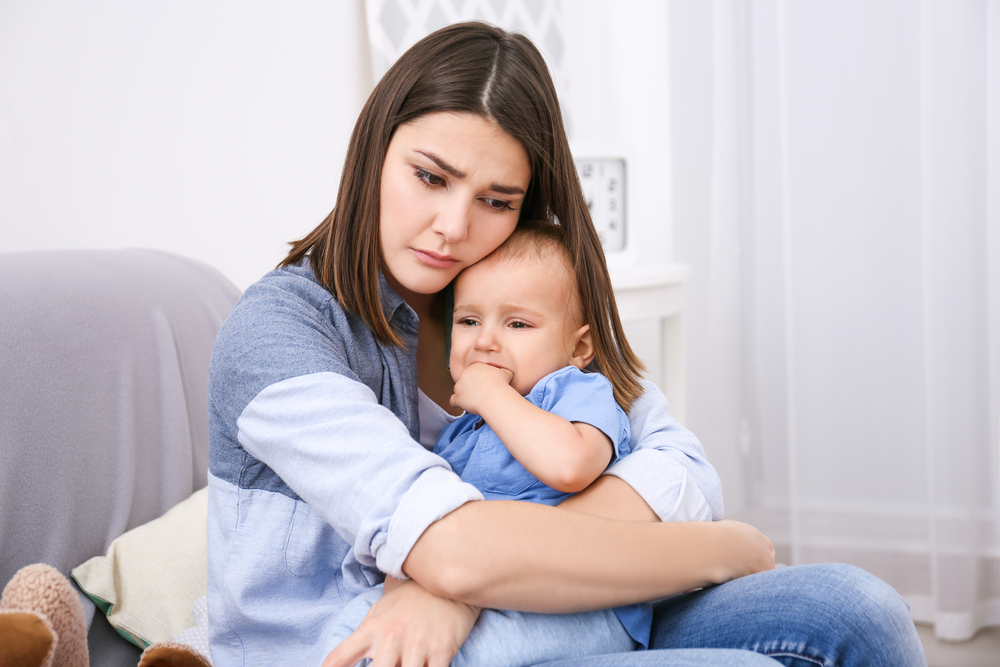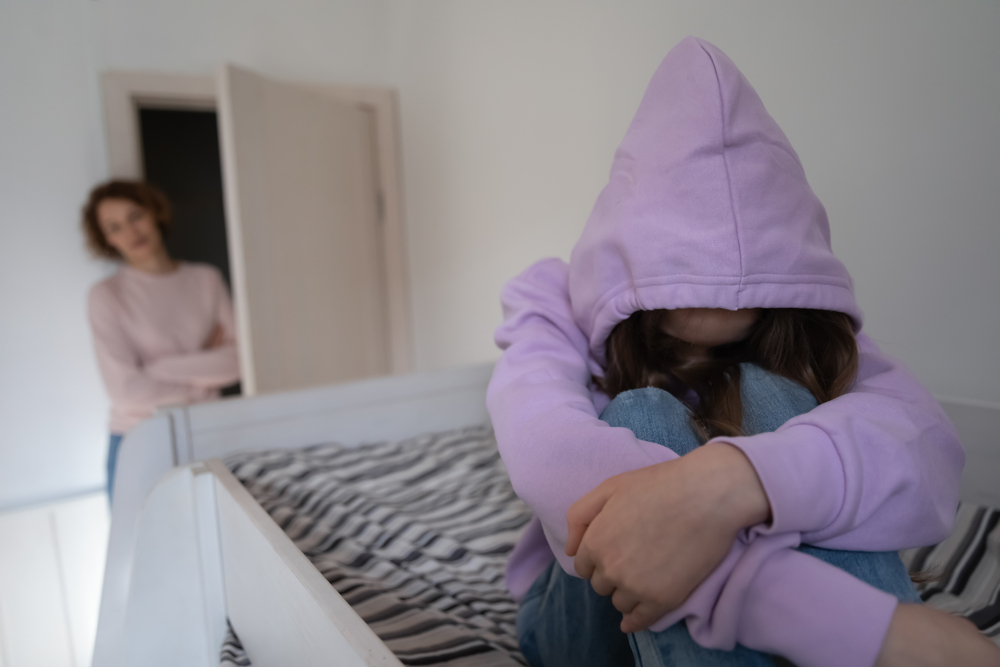Being a parent can be tough on anyone, but if you suffer from Major Depression, the everyday challenges of raising kids can make it harder to be present for your children. Here are some tips on how to be a better parent if you’re depressed.
Don’t Punish Yourself for Not Doing “Enough”
If you have been diagnosed with depression, there is a good chance that you feel anger, irritability, and frustration. Often those feelings turn inward. Depressed parents may feel worthless or guilty or they may fixate on what they have done wrong. And there are lots of opportunities to get things wrong as a parent.
It is important to recognize those thoughts for what they are and avoid punishing yourself when you don’t measure up to the latest mommy-blog’s expectations. Every family is different, and children are remarkably resilient. You won’t be at your best every day. You may get some things wrong. That’s okay. Your kids will still be healthy, and they will still love you, even if you make some mistakes along the way.
Get Help Being a Better Parent While Depressed
Talk to a psychotherapist today about how to overcome depression and be a better parent for your children.
Find Support People to Help on Bad Days
If you have Major Depression, you will have good days and bad days. Depression’s symptoms can come and go. You can be a better parent by acknowledging that there will be times when you just won’t be able to get everything done. Then find help to fill the gaps when that happens. Build a group of trusted support people who understand your condition and are ready to step in to help. This could include:
- Your spouse or co-parent
- Family members or godparents
- Your kids’ friends’ parents
- Close friends or neighbors
- Paid babysitters or caregivers
Talk to Your Kids about Your Depression (in Age-Appropriate Ways)
Your kids want to help you be okay. Depending on their ages, it may be best to explain your depression to your kids in a way they can understand. By the time kids are enrolled in kindergarten they can start to notice differences in your mood or behaviors. Explaining to them that sometimes you get sad and need to get help or spend time alone until you feel better can make your kids feel like they’re on your team.
Older children and teens can sometimes take the symptoms of depression personally. Especially if you tend to get angry or irritable, they may not understand that what is happening isn’t about them. Make sure your teens know that your depression is not their fault, and that you are working on taking care of yourself. You can also talk to teens about your symptoms, and invite them to share if they ever feel the same way.
Have a Safety Plan to Protect Your Children if Your Depression Gets Worse
Being a good parent if you’re depressed means recognizing that sometimes your choices aren’t the best. When depression spikes, you may have thoughts of self-harm or suicide which, on better days, you would never want your kids exposed to. Unfortunately, seeing a parent self-harm or commit suicide can have a lasting affect on the children of depressed parents. To avoid putting your kids through that, you need a safety plan that:
- Removes the children from your presence while you are in that state of mind
- Can be triggered at any time, no questions asked
- Doesn’t require you to admit your thoughts or feelings to get started (because that is hard to do while depressed)
For example, you could set up a text message or phone call with a specific person which, if they receive it, they will come pick up the children and then call 9-1-1. This would allow you to focus on making sure your kids are safe rather than getting help for yourself, since depression makes that hard to do.
Get Help from a Psychotherapist
That said, the most important thing you can do for your kids to be a better parent if you’re depressed is to get help. Depression can be managed with medication (in some cases) and psychotherapy. Working regularly with a therapist also gives you a safe place to express negative feelings about parenting, your kids, your relationship, and your household. Your therapist can help you develop coping strategies, including a safety plan, to help you help the ones you love.
David Stanislaw is a psychotherapist with over 30 years of experience. He helps parents with depression and other mental health concerns. Contact David Stanislaw to get help today.


 6 Ways to Accommodate Your Spouse’s Anxiety
6 Ways to Accommodate Your Spouse’s Anxiety How Long Does Therapy Take?
How Long Does Therapy Take? Helping Kids Cope with Trauma and PTSD
Helping Kids Cope with Trauma and PTSD